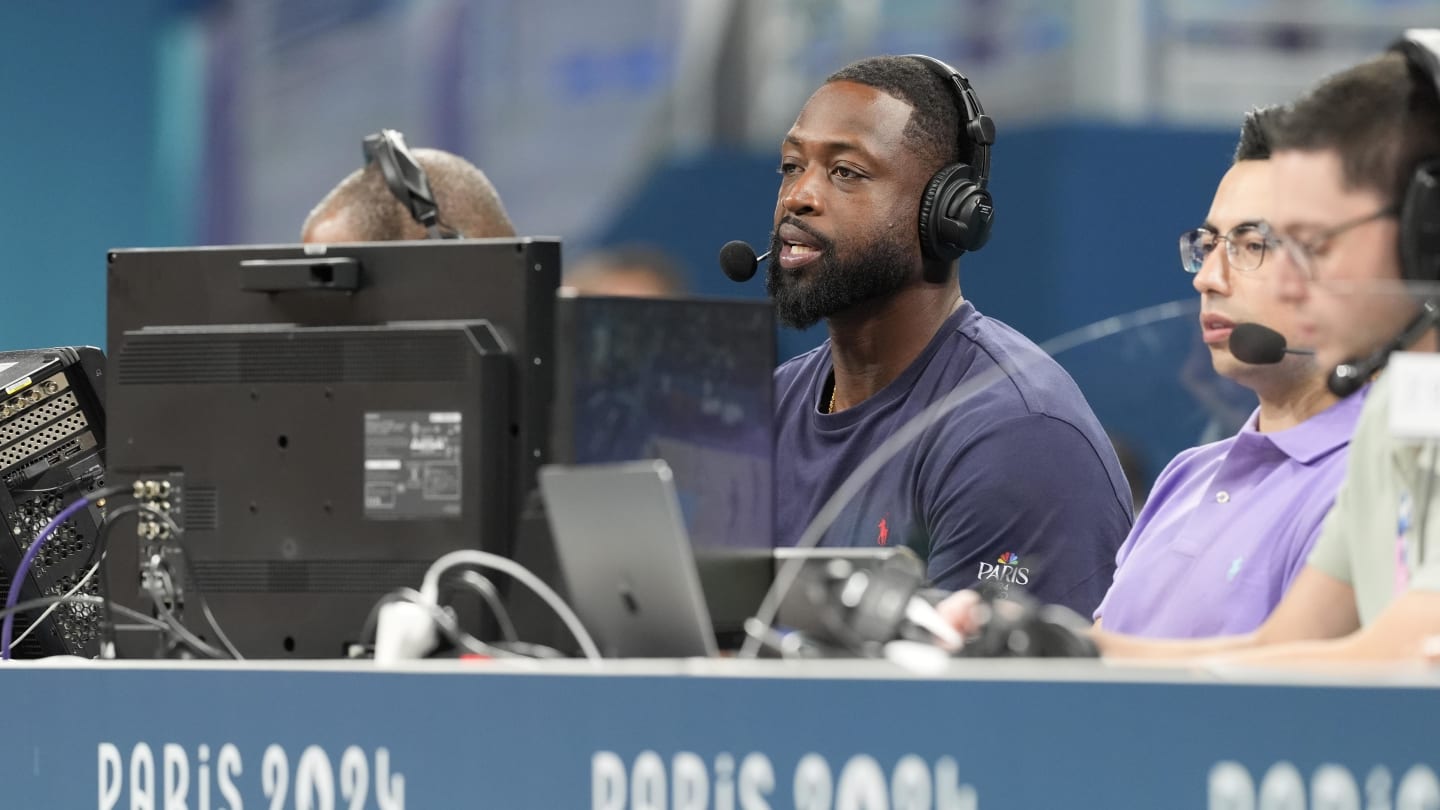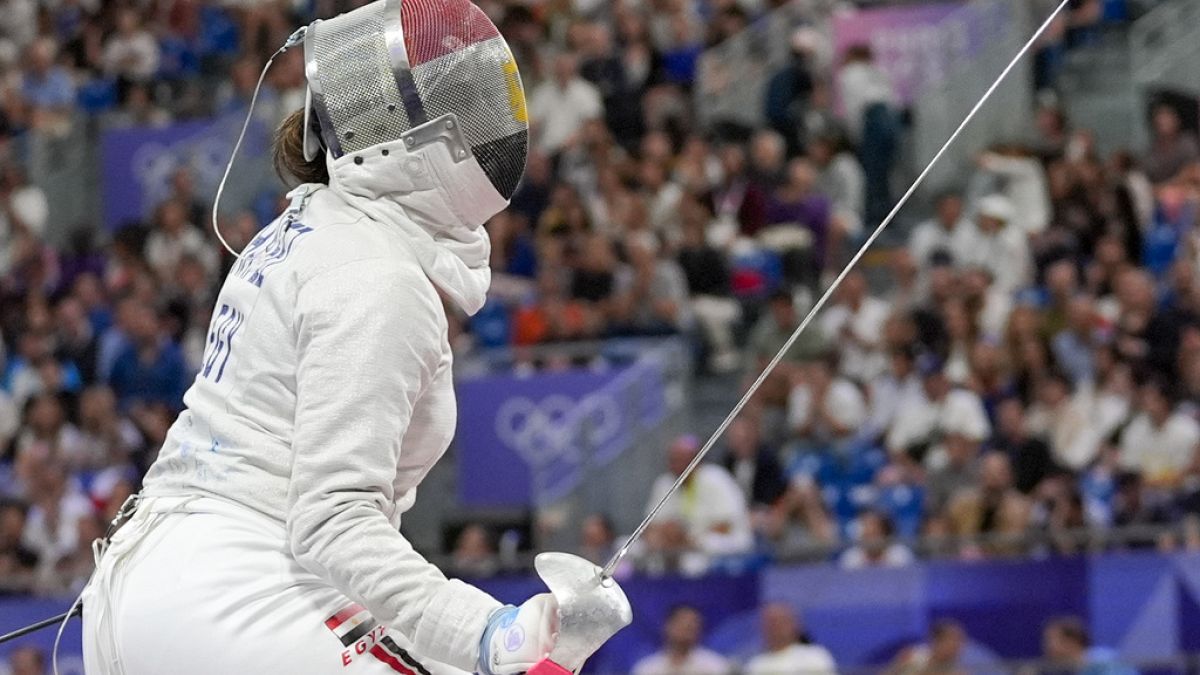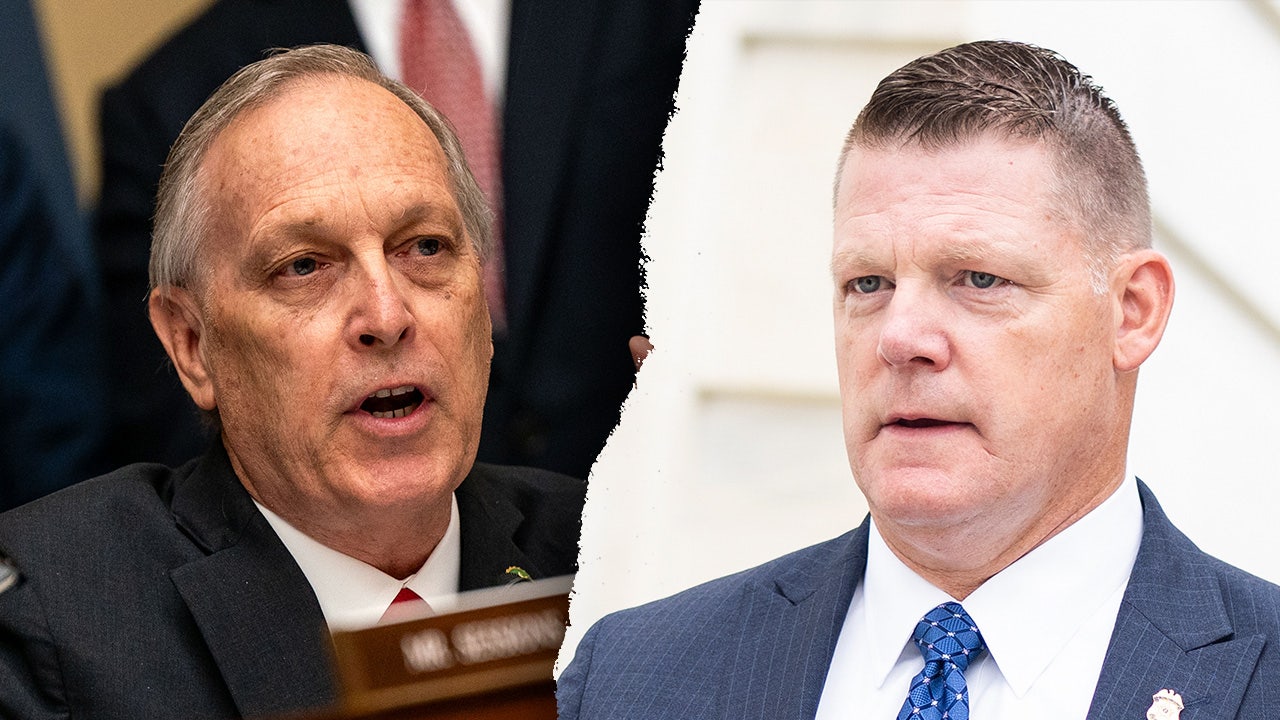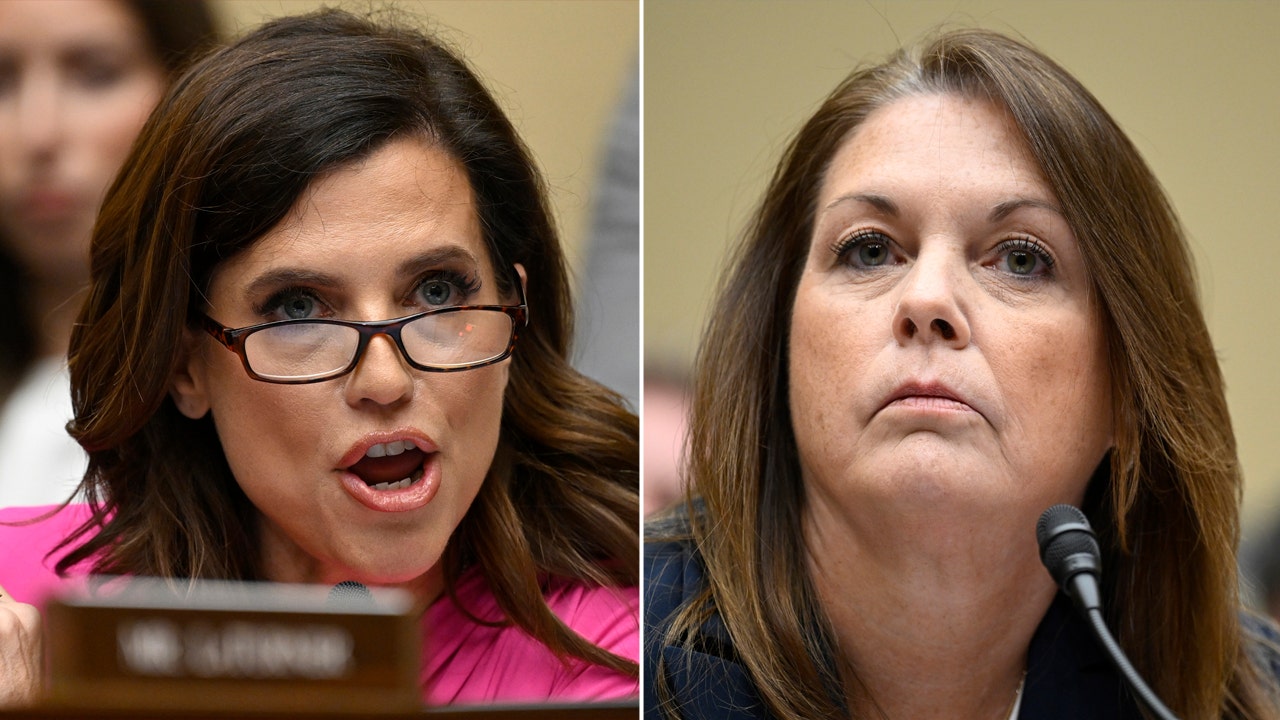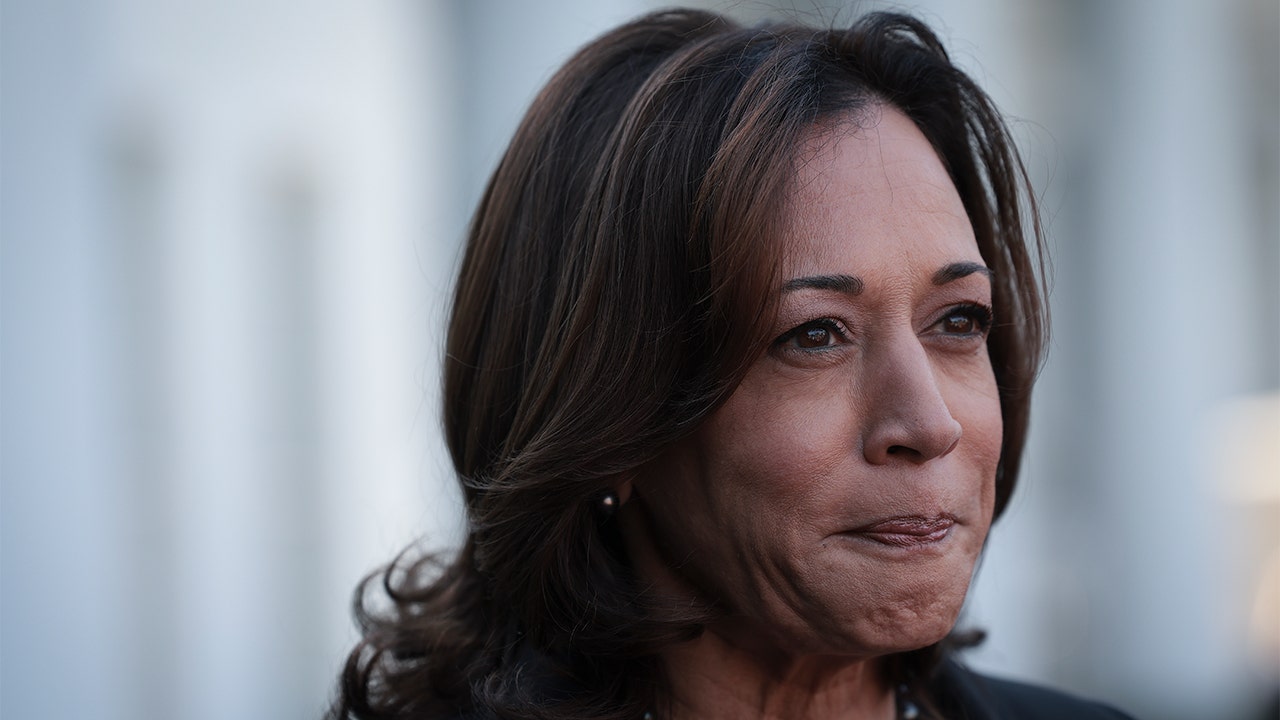The actual toll may be grimmer, as gaps remain in the system.
“I’m sure we’ve got a number of schools that haven’t reported incidents,” said Mike Rubin, assistant director of the MIAA in charge of promoting diversity, equity, and inclusion.
Get Sports Headlines
The Globe’s most recent sports headlines delivered to your inbox every morning.
Details of the alleged misconduct remain untold because the MIAA denied the Globe’s request for copies of the incident reports. The denial follows a ruling by the Secretary of State’s office in November that the MIAA, despite the organization’s objections, is a public entity subject to the state’s public records law.
MIAA executive director Bob Baldwin said releasing the details could have a chilling effect among school administrators. Baldwin, a former superintendent of the Fairhaven Public Schools, said, “When we have issues in the schools, they are confidential.”
“The key right now is that all of the reporting is based on trust. We don’t want to take a system that’s working and lets people report openly and honestly, and then, because something ends up in a newspaper, nobody reports.”
Rather than provide copies of the reports, the MIAA responded to the Globe’s request by categorizing the 50 incidents by region and type of discriminatory behavior — an incomplete picture but the organization’s most extensive disclosure to date. The data show that schools in Eastern Massachusetts reported 37 incidents — 20 in the north section and 17 in the south. Eight incidents were reported in Western Massachusetts and five in the Central region.
“No one area has a monopoly on hate,” Rubin said.
The incidents, even when broadly categorized, present a troubling portrait of prejudice. Schools reported 13 incidents of people uttering the n-word in athletic settings: spectators to players, players to players, or spectators to spectators.
An additional 22 reports of different racial slurs targeting Black people and other minorities such as Asian-Americans were logged, as were nine separate incidents of student-athletes of color being taunted with monkey sounds.
On six occasions, players were the targets of homophobic slurs, and three schools reported antisemitic incidents involving student-athletes.
“Hate and hurt have been constants of the human condition,” said Dan Lebowitz, executive director of the Center for the Study of Sport in Society at Northeastern University, which has played a leading role in the effort to curb discrimination in Massachusetts schools.
Lebowitz said the state’s collaborative campaign has centered on providing resources “to inspire change and find pathways to hope, health, and healing.”
Human rights specialists say transparency — informing the public about discriminatory behavior — is vital in combating it. And officials at many schools evidently agree, publicly sharing details of misconduct this school year.
In three separate incidents last fall, members of the Haverhill High football team allegedly were hazed by teammates, leading to criminal charges against the head coach, an assistant coach, and six players (five of them juveniles). The adults pleaded not guilty; their cases remain open.
Medway High officials announced they would take disciplinary action after a racial incident in December in which two students mimicked a Black Lives Matter gesture by kneeling and raising their fists toward a student of color on the Wellesley girls’ basketball team.
Some Wellesley High students in February directed racial taunts at Black members of the Weymouth boys’ basketball team, authorities said. And Swampscott High announced that a student had Airdropped an image of a Nazi swastika from his phone to a large segment of the school population.
In Swampscott, where student-athletes did not appear to be directly targeted, the weight of the incident was felt throughout the school.
“It’s critically important to know that even if a hate symbol or slur is directed at only one person, it impacts the entire school community,” said Phil Fogelman, education director for the Anti-Defamation League of New England. “Student-athletes are impacted, just as all other students are impacted.”
The campaign to address bias in school sports intensified after the Globe reported in 2021 that the Duxbury High football team was using antisemitic language to call plays and that municipal leaders in Danvers had failed to adequately respond to racist, homophobic, antisemitic, and sexually abusive behavior in the boys’ hockey program.
Governor Maura Healey, then the state attorney general, launched an “Addressing Hate in School Sports” initiative, bringing together the MIAA, the state Department of Elementary and Secondary Education, the Massachusetts Association of School Superintendents, and the Massachusetts School Administrators’ Association, to present anti-bias programming and raise public awareness.
Healey’s successor, Attorney General Andrea Campbell, has continued the work.
“No child should go into a locker room or step onto a playing field in fear of intimidation, harassment, or bullying,” Campbell said as she kicked off 13 regional training sessions in March to help school administrators and athletic directors prevent and address hate and bias in sports.
More than 400 school leaders attended the sessions, which were presented by the Northeastern center. In addition, the ADL distributed a tool kit for schools to address bias in sports and gathered more than 800 students and educators for a Youth Congress on the problem. The attorney general’s office published a resource guide for school leaders. And the MIAA has presented annual symposiums promoting diversity, equity, and inclusion.
On Beacon Hill, lawmakers are considering a bill titled “An Act to Remodel Public School Athletics through Social Emotional Learning” that would require the state education department to develop guidelines for implementing SEL curricula in middle school and high school athletic programs.
“It’s been disheartening to see a recent string of high school sports incidents involving hazing, racism, bullying, and antisemitism,” said State Senator Cynthia Creem (D-Wellesley), one of the bill’s sponsors. “This bill will enable interested schools to transform the cultures of their athletic teams, while also teaching student-athletes social-emotional skills that will benefit them on and off the field.”
The ADL’s Fogelman said anti-bias education is crucial to changing the culture. He said the Legislature, state officials, human rights organizations, and the MIAA can provide the framework, but local school districts need to commit to funding and embedding the programming.
Baldwin said progress continues but resources are tight and there remains much work to do. He appealed to stakeholders across the state to help school districts fund ongoing anti-bias training.
“If we can embed this over a period of years, we will change behavior,” Baldwin said. “I don’t have a magic wand, but I’m going to scream from the hilltops that it needs to happen.”
Read more Globe reporting on this topic
Bob Hohler can be reached at robert.hohler@globe.com.


